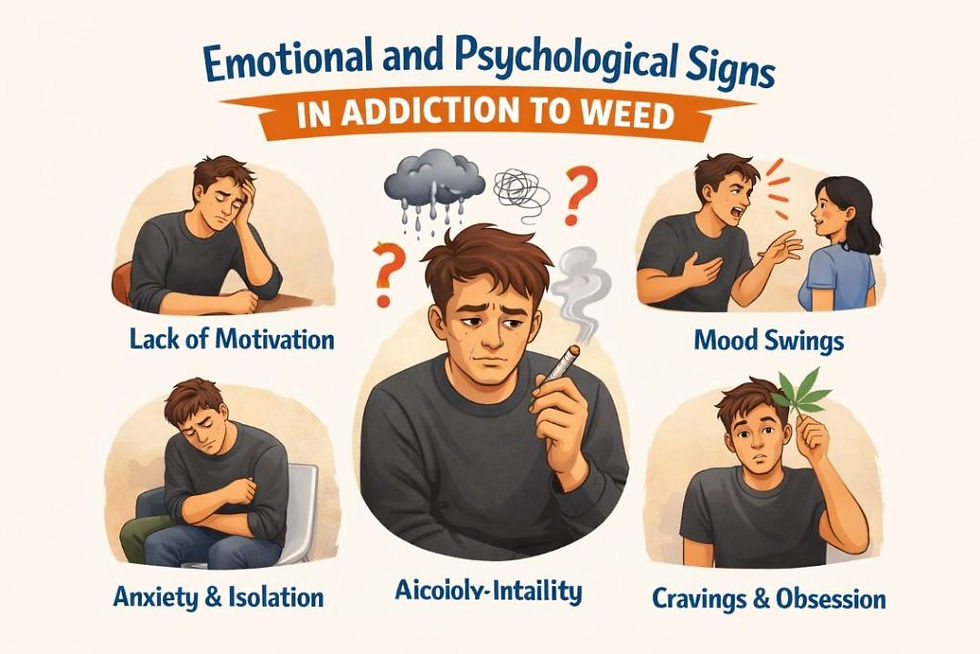Exploring the Benefits of a Residential Mental Health Treatment Center
- Felicia Parris

- Feb 22, 2024
- 2 min read

Struggling with mental health challenges can feel isolating and overwhelming. You might be considering different treatment options, unsure of which path is right for you. If you're seeking intensive support and a structured environment, a residential mental health treatment center could be the key to unlocking your healing journey.
Intensive Therapy: Residential treatment centers provide intensive therapy sessions tailored to the individual's needs. This includes individual therapy, group therapy, family therapy, and specialized modalities such as cognitive-behavioral therapy (CBT), dialectical behavior therapy (DBT), or trauma-focused therapy. The intensive nature of residential care allows for more frequent and extended therapy sessions, promoting deeper exploration and faster progress.
24/7 Support: Unlike outpatient programs, residential treatment centers provide round-the-clock supervision and support. This ensures that individuals receive professional support and guidance whenever they need it, helping to effectively manage crises and prevent their recurrence.
Structured Environment: Residential facilities provide a structured daily routine that includes therapy sessions, recreational activities, nutritious meals, and free time. This structured environment helps individuals establish healthy habits, learn coping skills, and develop a sense of routine, which is essential for managing mental health conditions.
Peer Support: Being surrounded by peers who are going through similar experiences can be incredibly beneficial. Residential treatment centers foster a sense of community and camaraderie among residents, providing opportunities for mutual support, empathy, and encouragement.
Holistic Approach: Many residential treatment centers take a holistic approach to mental health care, addressing not only the symptoms of the illness but also its underlying causes and contributing factors.
Medication Management: For individuals who require medication as part of their treatment plan, residential facilities typically provide comprehensive medication management services. This may include psychiatric evaluation, medication monitoring, adjustments, and education about medication compliance and potential side effects.
Transition Planning: Residential treatment centers often help individuals create a comprehensive discharge plan to return to their home environment or a lower level of care. This may include arranging for outpatient therapy, connecting with community resources, establishing a support network, and developing strategies to maintain progress and prevent relapse.
Overall, residential mental health treatment centers provide a supportive and therapeutic environment where individuals can receive individual care, learn coping skills, and work toward recovery in a structured and holistic manner. Feel free to call us at (386) 866-8689 or visit Deland Treatment Solutions in Florida for residential mental health treatment and facilities.



Comments